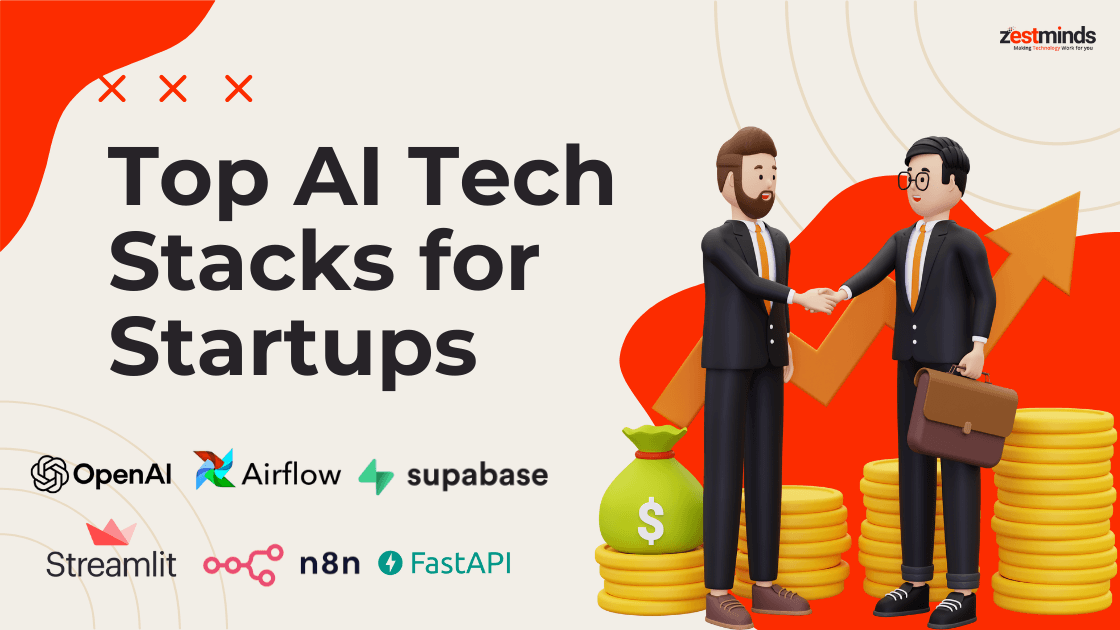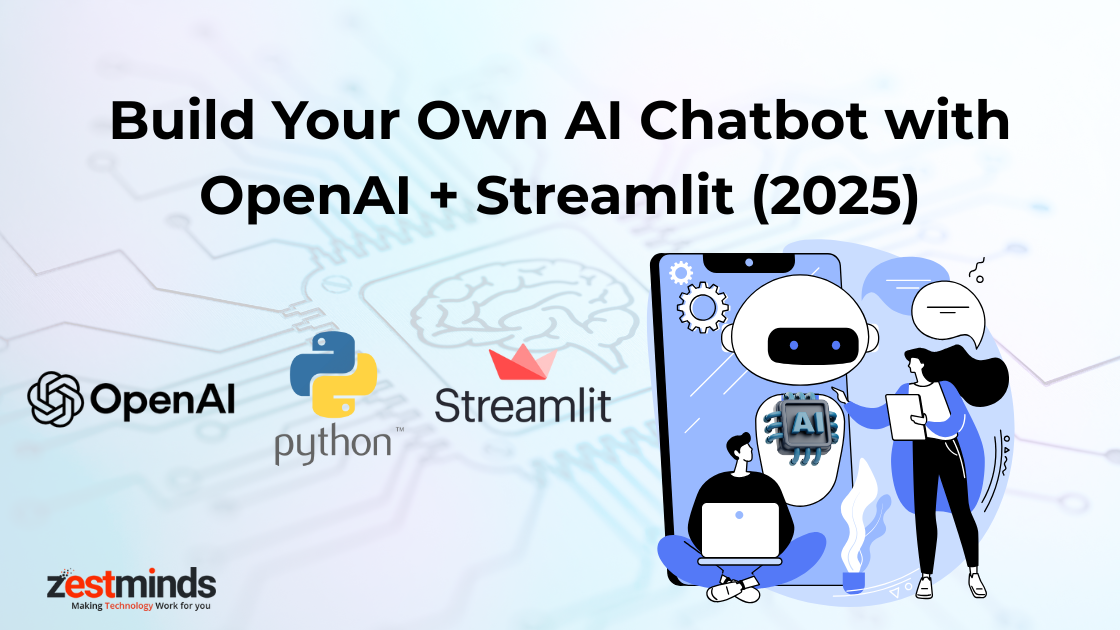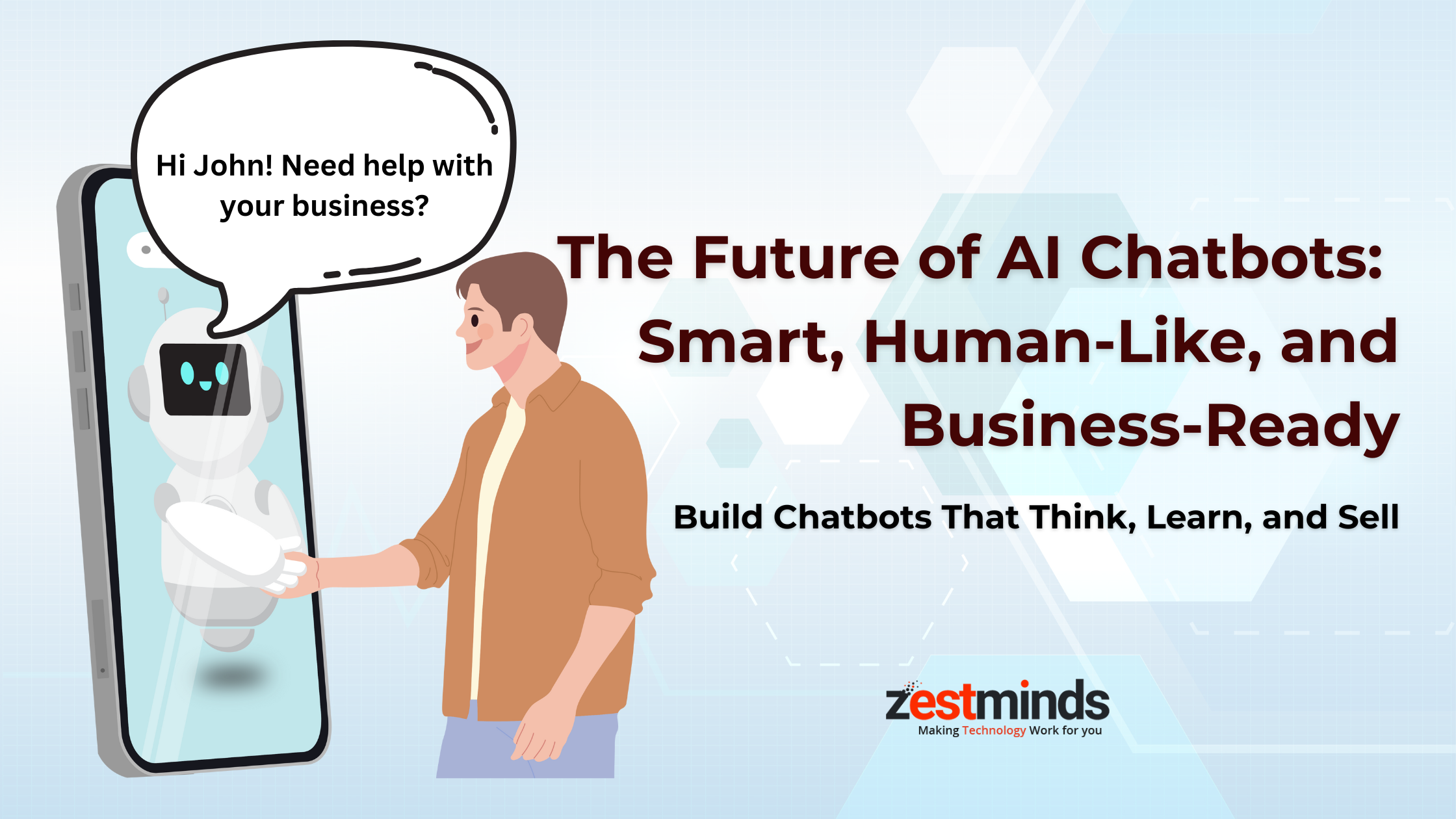How Machine Learning & AI Technology Are Benefitting Small Businesses
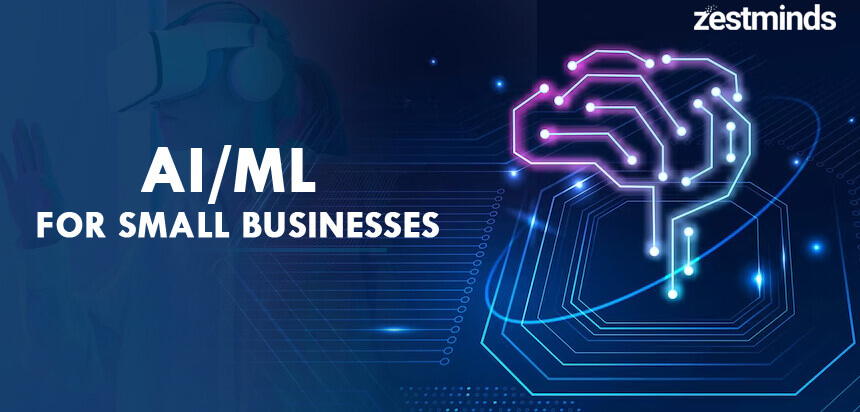
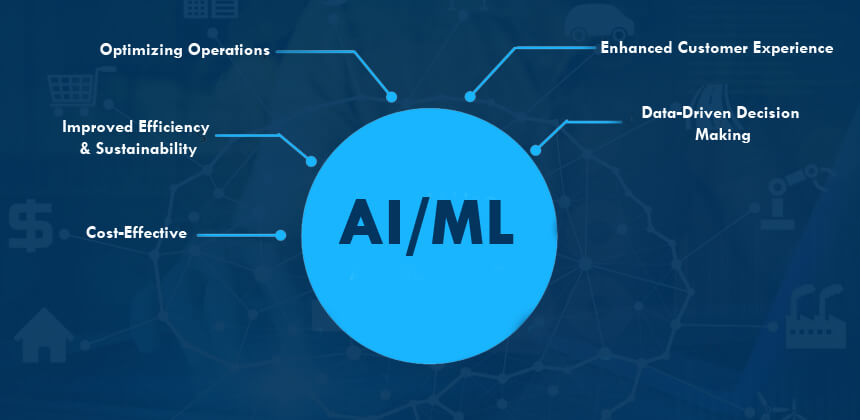
Optimizing Operations
One of the top benefits of ML and AI technology for small businesses is that they provide a way to optimize various business operations. By using AI and ML technology, businesses can analyze data to improve customer service, identify trends and optimize pricing, streamline their supply chain, and even automate their marketing campaigns. This allows small businesses to save time and money while increasing their efficiency. For instance, logistics can get highly optimized through the implementation of AI-powered supply chain management tools that can manage inventory, logistics, and shipping times, such as delivery robots, drones, and autonomous vehicles. Some of the top benefits of ML and AI technology for small businesses include efficiency and productivity gains, improved speed of business, new capabilities and business model expansion, better customer service, and improved monitoring. Gray Scott, a futurist, wrote: “To understand the future of technology, we need to begin with one fundamental truth: Technology is natural.”
Enhanced Customer Experience
At its core, business is about satisfying the needs of the customer better than the competition. To do that, businesses need to effectively manage their resources, stay ahead of trends, and continuously innovate. Successful businesses understand their customers' needs and are able to adapt and adjust their strategies to meet those needs.ML and AI technologies help small businesses provide better customer experiences by leveraging customer data to make personalized recommendations that are highly relevant to the target audience. For example, AI-driven personalized recommendations can enable businesses to suggest products or services that customers are likely to be interested in, thereby increasing the chances of conversions and sales. 80% of consumers are more likely to purchase from a brand that provides personalized experiences, according to new research.
Improved Efficiency & Sustainability
AI and ML systems can help your small business be more efficient and last longer because they work on their own. You can use AI to do things like predict maintenance, make better use of energy, and get more out of your resources. Less energy will be used, less time will be spent learning how to do things by hand, and there will be less waste. Businesses that use these technologies are streamlining their processes and becoming more environmentally friendly. This is something that consumers who care about the environment should think about. For example, AI can be used to optimize production processes, reducing energy and material input while increasing output, as well as to develop smarter energy management systems that use data to reduce energy consumption.
Data-Driven Decision Making
Businesses depend on the decisions they make, and making decisions based on data is one of the best practices that every organization should use. Machine learning (ML) and artificial intelligence (AI) give you algorithms that can analyze your data well and give you insights that are based on data and not on guesswork. By giving small businesses useful information, they can better understand the market and make decisions that will help the company make money in the long run. The first examples of artificial intelligence being implemented in businesses were checkers-playing and chess-playing programs written in 1951 to run on the Ferranti Mark 1 machine of the University of Manchester. According to Gray Scott, a futurist, “There is no reason and no way that a human mind can keep up with an artificial intelligence machine by 2035.”
Cost-Effective
AI and ML are also very useful because they can help small businesses be more productive without spending a lot of money. With cloud-based computing, small businesses can use advanced analytics that were once only available to large companies, but at a fraction of the cost. AI and ML help small businesses be more productive by identifying trends, predicting future results, and suggesting the right action plan. AI and ML can help small businesses quickly access data, process it, and analyze it in order to make informed decisions. Businesses can use AI and ML to automate mundane tasks as well as to identify new opportunities. They can also be used to detect customer needs and preferences and to optimize pricing, marketing, and customer service. AI and ML are like having a personal assistant to analyze data and provide guidance. Instead of having a person manually search and interpret data, AI and ML can do the work quickly and accurately, freeing up time for the business owner to focus on other tasks.
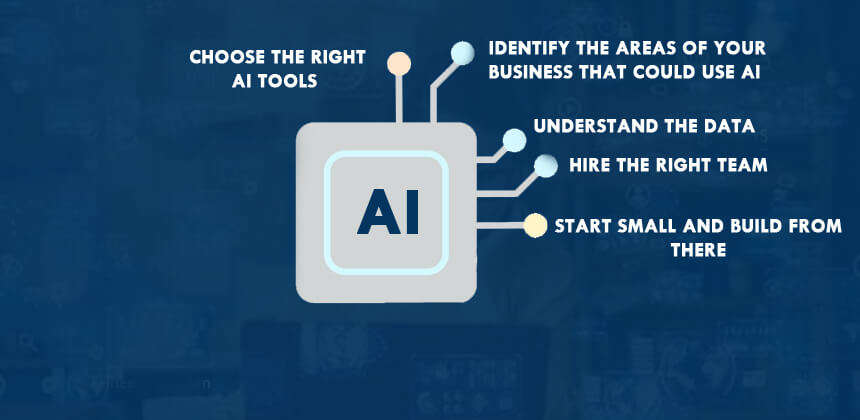
How to Implement AI in Small Businesses
1) Identify the Areas of your Business that Could Use AI: The first step in implementing AI in your small business is to identify the areas where it can help. The most common areas where AI can assist in the business include customer service, finance, marketing, sales, inventory management, and supply chain management. Start small by choosing one area to focus on and then gradually expand as you learn.
2) Choose the Right AI Tools: Small businesses can implement AI through various tools like chatbots, predictive analytics, machine learning, natural language processing (NLP), and robotic process automation (RPA). Consider the type of data you want the AI tools to analyze and use, as well as the tools that align with your business's specific needs.
3) Understand the Data: Before implementing AI in your small business, it's crucial to understand the data. Ensure that the data quality is good, and there's enough data to train the AI algorithms. Consider working with a data analytics company to ensure that the data is accurate and up-to-date.4) Hire the Right Team: Implementing AI in your small business requires a specialized skill set. If you don't have the right team in-house, you can hire an AI consulting firm to help you integrate AI into your business processes. Ensure that they understand your business needs and can help you choose the right AI tools.
5) Start Small and Build from there: Lastly, start small, learn, and build from there. Begin by implementing AI in one area of your business and then slowly scale up as you gain more experience and knowledge about AI. Don't get overwhelmed by trying to integrate AI into your entire business operations at once.
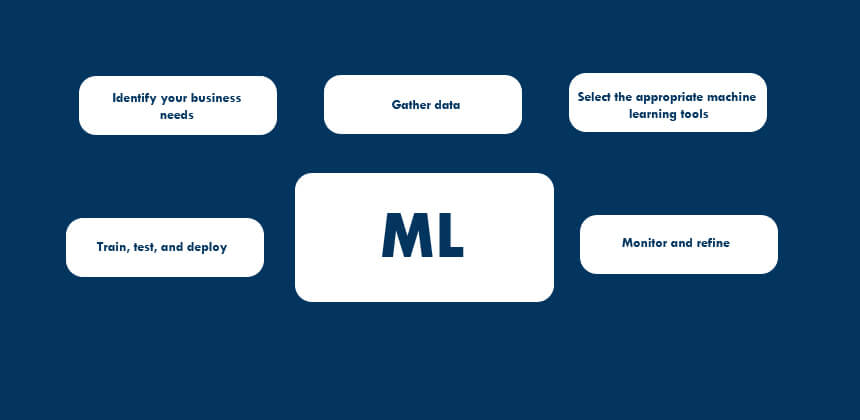
How to Implement Machine Learning in Small Businesses
Identify your Business Needs
Before deploying machine learning algorithms, the business needs to figure out what goals it wants to achieve. For instance, a business may want to automate some of its routine processes such as payroll, stock management, and data entry. By identifying your business needs, you can decide which machine learning models that suit your business operations. Start with a clear idea of what you want to accomplish and what data you need to gather.
Gather Data
Machine learning algorithms operate on data, the more you have, the better they perform. Small businesses can start with data that they already have in their systems. They can also collect additional data from online tools and surveys. The data collected should be cleaned, organized, and formatted consistently to produce meaningful insights. When selecting the data to collect, make sure it aligns with your business goals.
Select the Appropriate Machine Learning Tools
Small businesses can explore different machine learning tools available to identify which one meets their requirements. The appropriate machine learning tools depend on the business needs and data format. The traditional way of using machine learning is to learn it from scratch, but it can be time-consuming and may require a skilled technician. However, there are platforms such as Google Cloud Auto ML and Amazon SageMaker that offer affordable and scalable solutions.
Train, Test, and Deploy
After selecting machine learning tools, the next step is to train the algorithm using the available data. At this stage, businesses have to test and tweak the algorithm to ensure it gives accurate predictions. Once the algorithm is trained, it can be integrated into the business processes. The machine learning system needs continuous monitoring and retraining to ensure it performs optimally, especially if there are significant changes in the market or customer behavior. Businesses should plan how to maintain their system to keep the model up to date.
Monitor and Refine
Even after deployment, businesses need to monitor and refine the machine learning algorithm to ensure it continues to provide valuable insights. One of the ways of refining the algorithm is using human input to enhance its accuracy. The business should have measurement tools to test whether the algorithm meets the set goals. The model should be fine-tuned by continually changing and refining the input data to validate its predictions.
Conclusion:
Small businesses have their own needs, and putting new AI and ML technologies to use can make a big difference in how they work, improving productivity, customer satisfaction, and profits. Small businesses will be able to run more smoothly and make better decisions if they use ML and AI systems. For example, these systems can recommend custom offers, learn on their own, and make better financial forecasts. Even though the costs of putting these systems in place can seem high at first, the benefits of better customer experiences, higher efficiency, data-driven decision-making, and cost-effective productivity show that ML and AI technologies are here to help small businesses now and in the future. As a Zestminds customer, you will be able to fully utilize artificial intelligence and robotics technologies. This will enable you to make decisions more quickly, reduce operations costs, and improve customer satisfaction. It will also enable you to gain insights from data to better understand customer needs and preferences, allowing you to optimize processes, maximize efficiency, and anticipate customer demands.

Shivam Sharma
About the Author
With over 13 years of experience in software development, I am the Founder, Director, and CTO of Zestminds, an IT agency specializing in custom software solutions, AI innovation, and digital transformation. I lead a team of skilled engineers, helping businesses streamline processes, optimize performance, and achieve growth through scalable web and mobile applications, AI integration, and automation.
Stay Ahead with Expert Insights & Trends
Explore industry trends, expert analysis, and actionable strategies to drive success in AI, software development, and digital transformation.
